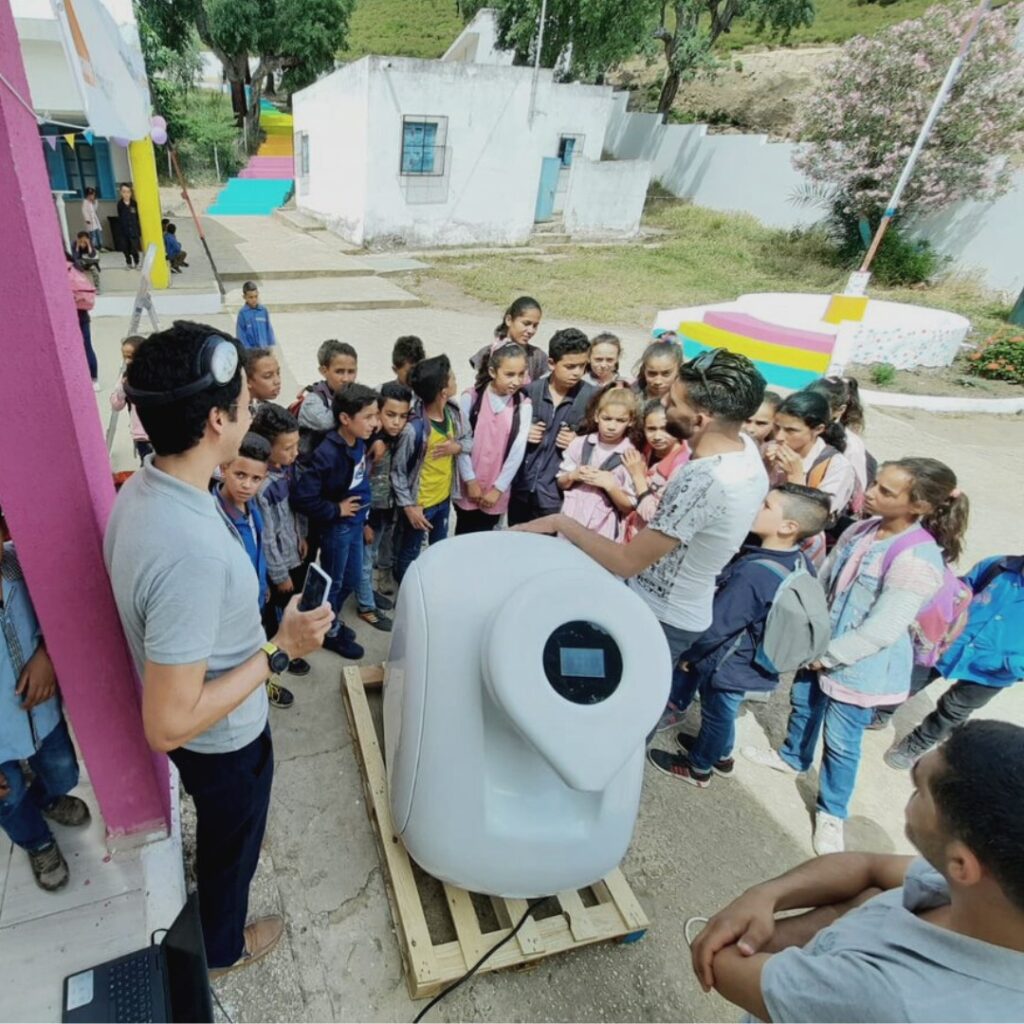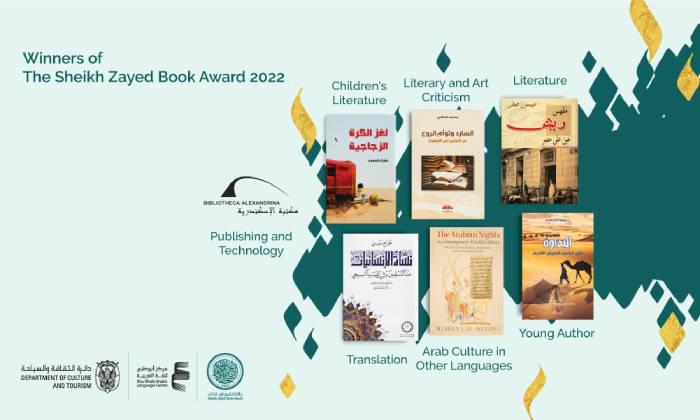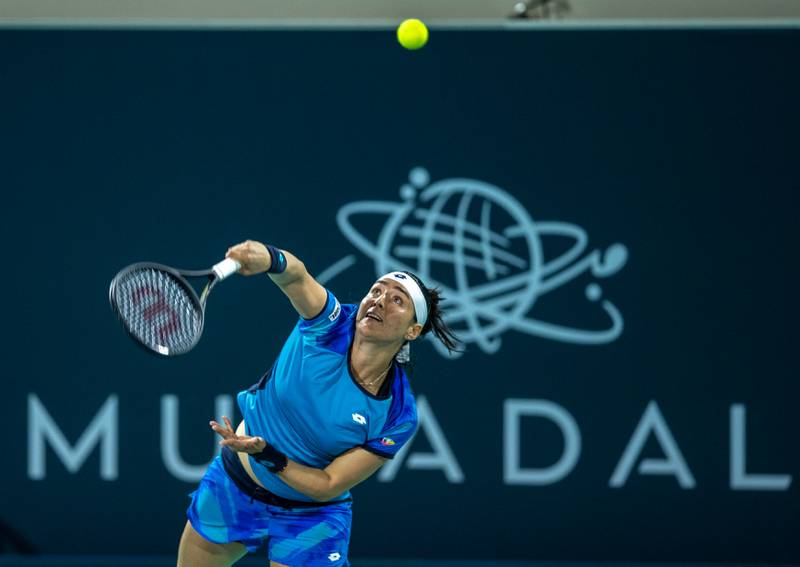Tunisian start-up “Kumulus Water” has provided assistance to a school deprived of drinking water in Makhtar in the region of Siliana (north-west of Tunisia) through a technical solution “Kumulus 1”, designed to generate water from the ambient air.
It came to support its expertise in water technology, the efforts of the Tunisian NGO “WallahWeCan”, which campaigns for the improvement of living conditions of students in schools and educational environments in Tunisia, especially in disadvantaged areas.
Thanks to atmospheric water generators, each producing 20 to 30 litres of healthy drinking water per day, 570 students of the chosen school will now be able to benefit from a regular supply of drinking water.
Technically, the atmospheric water generator is a device designed to produce water from the ambient air. It sucks in the air and dusts it, then dehumidifies it by lowering its temperature to the dew point to create condensation. The condensed water in the machine then passes through four filters to remove impurities.
The smart machine can fit into a 1m3 cube and can be equipped with a solar pack, making it fully autonomous and independent, the startup says. “It offers mobile control options via a dashboard and an app designed by the six-person team at startup Kumulus Water. It also offers features that ensure water is delivered sustainably and economically,” its creators explain.
According to Kumulus Water, co-founded and led by Iheb Triki, there is 6 times more water in the air than in rivers. This water can be extracted by cooling the air below its dew point and exposing it to moisture absorbers or pressurizing it to make the water drinkable.
Kumulus was also installed at the Bayadha school (Delegation of Ghar Dimaou in the governorate of Jendouba).
According to Regional Commissioner of Education Rim Maaroufi, this is a project developed by a young Tunisian engineer and funded by the Orange Foundation in cooperation with the association “a child, smiles”.
In a statement to TAP, Maaroufi said that Bayadha School, where the Kumulus was installed, suffers from a lack of drinking water due to a lack of connection with the distribution network. Water tanks were installed in advance to provide drinking water to the students and teachers. The machine produces about 20 to 30 litres of drinking water per day.
In Tunisia as in many other countries in the world, access to drinking water is one of the most imminent threats facing humanity. According to the WHO, out of 7 billion people, 2.1 billion do not have satisfactory access to drinking water. The demand for water will increase further with the population growth and the increase in living standards.
In 2021, the co-founder of the Tunisian start-up Iheb Triki was selected by the prestigious Choiseul Institute as one of the 100 Young African Leaders.
Also, the start-up has been selected as the second-best impact investment opportunity in the prestigious competition (MBA Impact Investing Network & Training) “Turner MIINT 2022”.
The young Tunisian company managed to snatch second place among 40 start-ups from the best American business schools, having participated in the global competition Turner MIINT.
TunisianMonitorOnline.com (NejiMed) (edited)
__________

___________
TUNISIA








